Control of private information is in question in all manner of different contexts, from public debates about data protection, sparked by such scandals as Cambridge Analytica’s use of Facebook data, to the mundane and recurring task for any internet user to accept or adjust ‘privacy settings’. The unprecedented rise in digital communication during the ongoing pandemic has further amplified the need to investigate the growing possibilities of online surveillance and the extent to which we are willing to trade privacy for access to the digital realm. In this course, we will briefly trace the cultural and intellectual history of privacy, paying particular attention to how this history shapes – and is shaped by – works of literature, from Samuel Richardson’s Clarissa (1748) and Virginia Woolf’s Mrs Dalloway (1925) to Ian McEwan’s Saturday (2005). Literary texts, especially the novel, will be shown to be a central site for the reflection and reconception of privacy across the ages. We will then spend the remainder of the course analysing how contemporary literature negotiates today’s technological transformation of the private, often through conflicts between privacy and surveillance. In so doing, we will also be discussing literature’s unique contribution to ongoing cultural and political debates about the fate of privacy in the twenty-first century.
- Trainer/in: Paul Hamann-Rose
